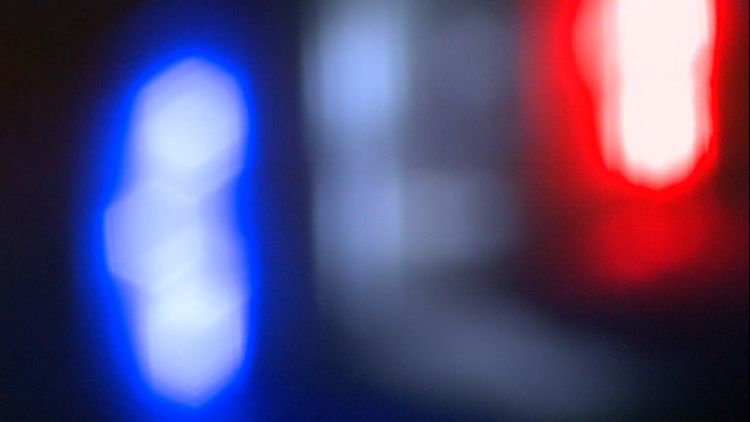The Orissa High Court has directed the State Government to pay Rs four lakh compensation to a man who lost his young son about a decade back due to live wire-induced electrocution by observing that “it is universal truth that loss of human life can never be compensated by bringing back a dead young man to life”. However, the bereaved family can be compensated in monetary terms for the loss of income sustained due to the untimely death of a young member of the family, Justice A K Mohapatra stated in a judgment pronounced on Wednesday. Advertisement Dushmanta Samal, who lost his 17-year-old college-going son due to electrocution on 16 February 2016 in Satamaeithi locality of Dhenkanal district, had approached this court by invoking the writ jurisdiction under Article 226 of the Constitution of India.
The petitioner alleged that it was the negligence and inaction of the State Government authorities in taking proper care of the electric pole meant for public use that had made him and his entire family go through this immeasurable agony and sorrow of the untimely death of a young son, according to case records. Advertisement Seventeen-year-old Sidhanta Samal accidentally came in contact with a charged electric pole and was electrocuted. The petitioner’s counsel vehemently argued that it is the statutory duty of the authorities concerned to maintain all electrical apparatus, including electric poles used for the purpose of distribution of electricity, in such a way that it does not lead to loss of life or limb or cause any damage.

The quantum of compensation payable in the event of a loss of human life due to electrocution has been fixed to the tune of Rs four lakh per person. As such, keeping in view the aforesaid regulation, this Court deems it proper to direct the State Government to pay an interim compensation of Rs four lakh to the petitioner within a period of two months from the date of this judgment, Justice Mohapatra ordered. Advertisement.
Top

Orissa HC asks Govt to pay Rs 4 lakh compensation to man, who lost young son to electrocution

electrocution, Odisha government, Orissa High Court











